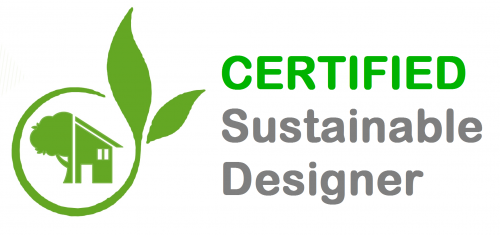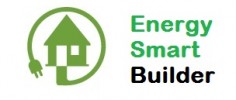Sustainable Residential Design Course
It also covers reviewing site conditions, evaluating sustainability options, and recommending cost-effective options for sustainability to clients in order to meet compliance requirements and client preferences.
This unit of competency supports building designers who incorporate sustainable design solutions that fall within the clients’ budget into small-scale building design projects.
Topics include:
- Researching trends in sustainable design
- Current and incoming legislation relating to sustainable design requirements
- Assess clients’ sustainability requirements, preferences and budget
- Construction materials and methods used in sustainable design, including costs
- Zero-Energy buildings
- How to engage your client in the design process
- Indoor Air Quality
- Designing for Your Climate Zone
- Condensation in Buildings
- Passive Heating, Cooling and Ventilation
- Material Selection and LCA
- Glazing and Thermal Performance
- Water Efficient Design
- Grey Water Systems
- Renewable Energy and Battery Storage
- Communication with the Builder and Client
Duration:
self-paced between 16 - 24 hours on-line and on-site
Pre-requisites:
Students must be qualified architects, building designers, or be currently studying building design. Must be able to use CAD and have access to CAD software
Presented by:
- Mark Thompson (Eco Effective Design, President of Australian Green Development Forum, Co-author of The Environmental Brief - Pathways for Green Design)
- Ronny Matzat (DSGNK and Green Building Institute, Al Gore Climate Change Reality Leader, People's Choice Award Sustainable House Northern Rivers)
- Janine Strachan (Green Design Solutions, Alan Bartlett Consulting, RMIT and HIA GreenSmart)
- Ken Long (dSquared Consulting and President of Adelaide Sustainable Building Network,Green Star Accredited Professional (Design & As-Built), Living Building Challenge Ambassador)
- Julian Rutt (Lumen Studio, Adelaide Review People's Choice award, Houses (New), 2014 AIA SA Chapter awards)
Availability:
Australia-wide. Students must have access to internet and lap-top/PC with a web-cam.
Cost:
$900 Payment available on-line by credit card or Paypal.

This course is now 80% funded by Keystone Tasmania. Persons working in the Tasmanian building industry may now be eligible for an 80% rebate for this training. Find out more
Outcome:
This course is worth 24 formal CPD points.
Qualified residential and commercial designers and architects who successfully complete this course will be offered a free listing on the Green Building Institute directory
Testimonials
"Lots of really informative sections and a broad spectrum of areas covered. I loved the fact I could do it online at my own speed. Made juggling work, kids and it very manageable." - C. Johnson, VIC
"I have to say I enjoyed it a lot more than I expected. I also learnt a lot more than I expected, and realised I didn't know as much as I thought I did." - M. Clifford











